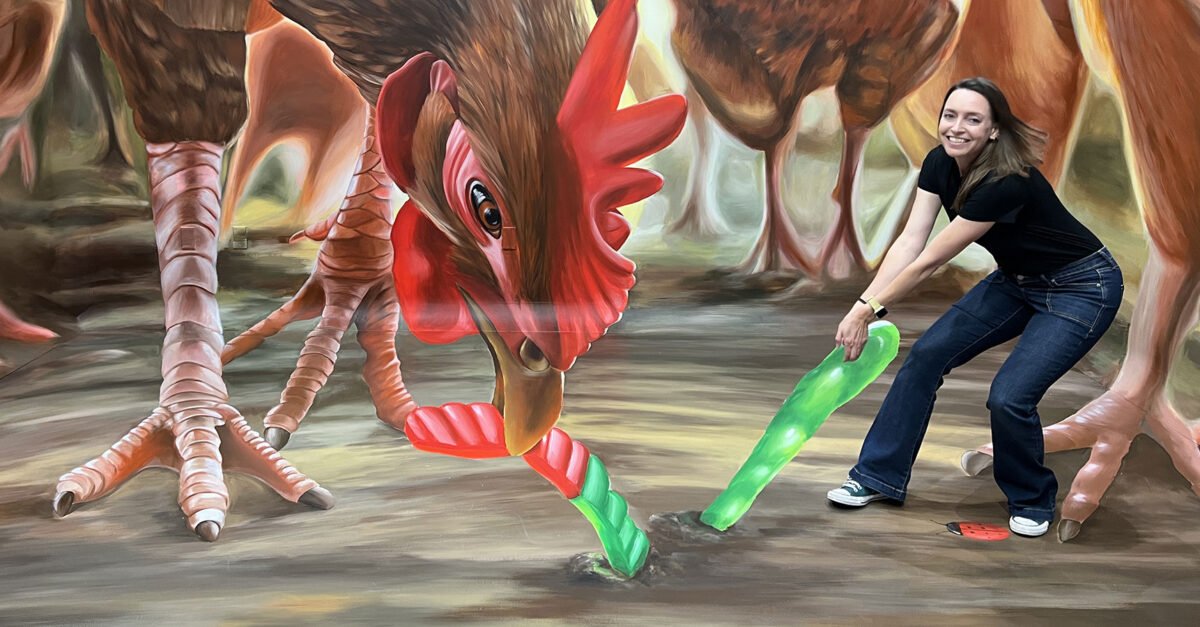Food and beverage giant Nestlé has today announced plans to partner with ingredient supplier OFI (Olam Food Ingredients) to cut carbon emissions and combat deforestation in cocoa production.
Under new plans, spanning Nigeria, Côte d’Ivoire and Brazil, approximately 25,000 farmers will be supported in transitioning to climate-smart farming, over a five-year period.
“People are at the heart of our climate actions,” says Darrell High, cocoa plan manager at Nestlé. “We’re working with OFI to help farmers transition to climate-smart farming practices. By supporting a move towards a more regenerative food system, we can continue to build a more responsible cocoa supply chain and progress towards our shared climate goals for 2030 and beyond.”
The carbon footprint of all transitioned farms will then be monitored until 2055, with OFI’s carbon experts estimating that carbon emissions will be reduced by 1.5 million tonnes over the next 30 years.
The project aims to cultivate more than 72,000 hectares of agroforestry, as part of a move towards regenerative agriculture. This includes planting an estimated 2.8 million trees, which will be third-party verified and monitored, to ensure they’re growing to comply with the project’s objectives.
Making cocoa sustainable
The ambitious project supports Nestlé’s Cocoa Plan and 2050 Net Zero targets, as well as contributing towards OFI’s Cocoa Compass sustainability ambitions.
“We’re addressing climate challenges, by putting farmers at the centre of the solution,” says Andrew Brooks, global head of cocoa sustainability at OFI. “Collaborating closely with cocoa communities, we can support farmers in adapting and mitigating climate change and help strengthen the supply of sustainable cocoa ingredients.”
What does the project involve?
Works are already underway across all three project locations – Nigeria, Côte d’Ivoire and Brazil.
Farmers are taking part in training and educational exercises to help them become more “forest-positive” by focusing on the benefits of agroforestry and carbon capture.
Key components include:
Training on climate-smart agricultural practices:
Farmers are receiving training on sustainable farming techniques, including good agricultural practices, such as planting shade trees amongst cocoa. They’re also learning how to better manage crop residues, such as composting and mulching cocoa pod husks, to improve soil health and help reduce GHG emissions.
Empowering farmers to become environmental stewards:
Training on wider environmental and sustainability issues, including those related to the African Regional Sustainability Standard (ARS) and European Union Deforestation Regulation (EUDR) is also provided. This is designed to give farmers a deeper understanding of the landscape and “empower them to become stewards of their environment”.
Financial incentives for farmers:
Participating farmers are also being incentivised, through financial rewards, to plant and maintain forest trees, encouraging active participation and commitment to the partnership goals.
Measuring the effectiveness of carbon capture:
By promoting reforestation and carbon capture, the partnership aims to enhance biodiversity and improve soil health, contributing to a more sustainable and resilient cocoa supply chain. Data will be analysed using OFI’s proprietary tool AtSource Digital Footprint Calculator.










